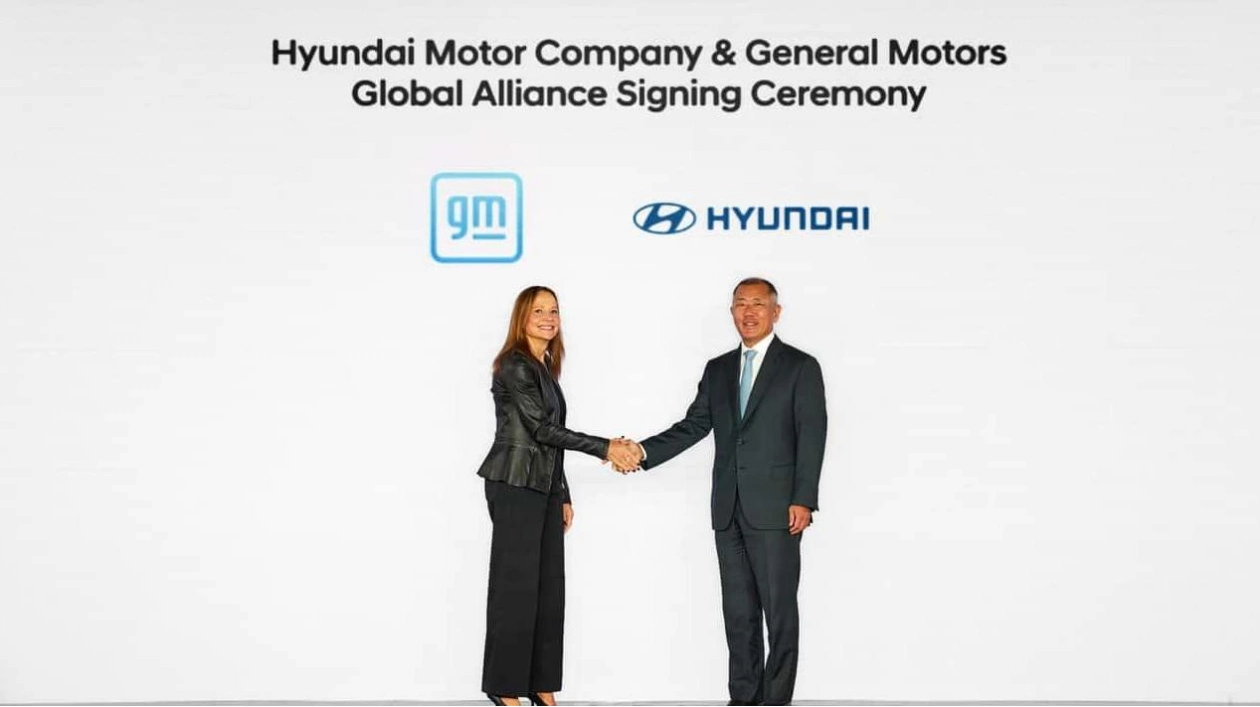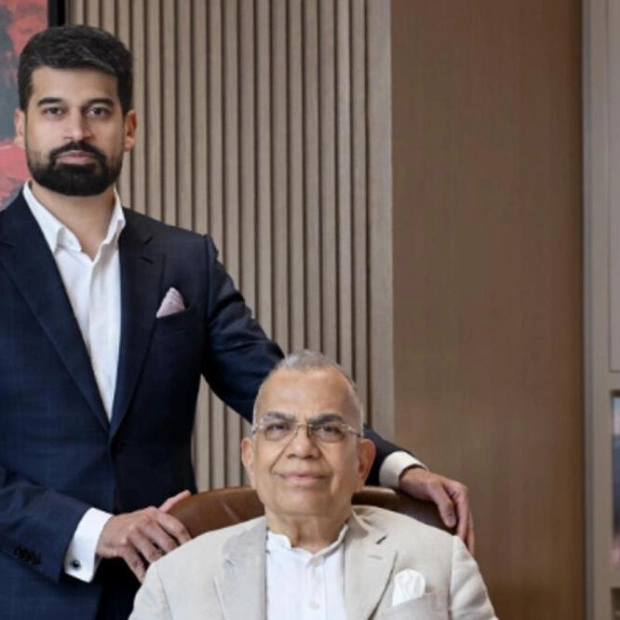2024 is shaping up to be the year of strategic partnerships in the automotive industry, with an increasing number of companies joining forces. The latest unexpected collaboration involves Hyundai and General Motors, who have signed a Memorandum of Understanding to explore the potential for joint development and manufacturing of vehicles. If this partnership materializes, Hyundai and GM will collaborate on both gasoline-powered cars and electric vehicles (EVs), including both passenger and commercial vehicles. Additionally, the framework agreement hints at the possibility of focusing on hydrogen technology. The companies are also considering pooling resources such as steel, battery raw materials, and other essential components.
Following the signing of the agreement, discussions between Hyundai and GM have commenced "immediately." The aim is to deliver "even more competitive vehicles to customers faster and more efficiently," according to GM CEO Mary Barra. A more "disciplined capital allocation" would enable the two major automakers to reduce costs by investing more effectively. The rationale behind this collaboration is clear: to lower development and production costs while shortening the time required to engineer new cars. The potential for significant economies of scale could make Hyundai and GM more competitive in an industry increasingly dominated by Chinese automakers, particularly in the EV segment.
Interestingly, nearly a year ago, GM and Honda abandoned plans to jointly develop cheaper EVs, with the initial plan to launch the first models in 2027 now scrapped. It remains to be seen whether Hyundai can fill the void left by Honda's departure. In other partnership news, Honda and Nissan agreed in mid-March to negotiate potential collaboration on EVs, software, and "complementary products." In early August, Mitsubishi confirmed its intention to join the newly formed alliance. Meanwhile, Toyota, Mazda, and Subaru recently held a joint conference to reaffirm their long-term commitment to combustion engines.
However, having multiple mechanically related cars is not necessarily a guarantee of success if management is not handled properly. The Volkswagen Group, for instance, reportedly has "one, maybe two years" to turn things around, according to its finance chief. Stellantis is also facing challenges, with US dealers sending CEO Carlos Tavares an open letter highlighting the "disaster" the company is experiencing. Toyota, too, is not immune to issues, given the recent scandal at its subsidiary Daihatsu involving problematic crash tests.






